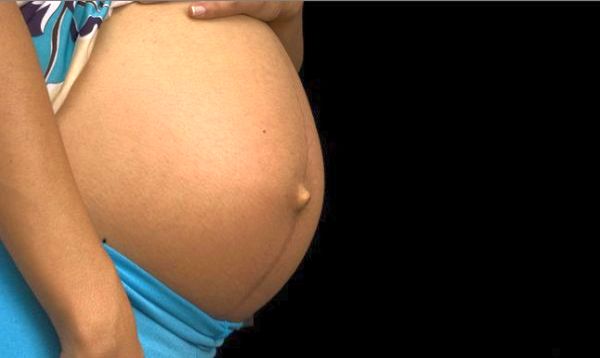Mexico ranks as the 11th most populous country in the world, with 122,730.392 people. Itís a country where women outnumber men - 50.7 percent vs. 29.3 percent of the population respectively - 85 percent of the people are Roman Catholic, and it holds the distinction of having the highest population of any Spanish-speaking country.
It is also a country where 55 percent of all pregnancies are unintended and 54 percent of those pregnancies end in abortion.
A new study by "El Colegio de Mťxico" and "The Guttmacher Institute" - Unintended Pregnancy and Induced Abortion in Mexico: Causes and Consequences - reports that one million abortions take place in Mexico each year.
The reportís authors find that about four million women who are at risk for a surprise pregnancy arenít doing anything to prevent it - in other words, they are not using any kind of contraception. However, when the news comes that a bundle of joy is on the way, thereís very little joy involved.
"Abortion rates are highest among adolescents aged 15 - 44 per 1,000 - and young women aged 20 - 55 per 1,000. In Tabasco, the Federal District, Mexico State, and Baja California Sur, the abortion rates for women aged 20 are particularly high - at least 80 per 1,000."
What is especially disturbing about the high number of abortions is the percentage of women who choose "back-alley" aortion providers - those who donít perform the delicate operation legally or safely.
The study found that: "more than one-third of all women having a clandestine abortion - 36 percent - experience complications that need medical treatment from a health facility, but an estimated 25 percent of them do not receive the care they need. Rural poor women are the least likely to receive the required treatment."
The reportís authors found that Mexican officials need to improve family planning programs to reduce the number of abortions and provide the necessary options to keep women from putting their lives at risk when seeking clandestine abortions.


